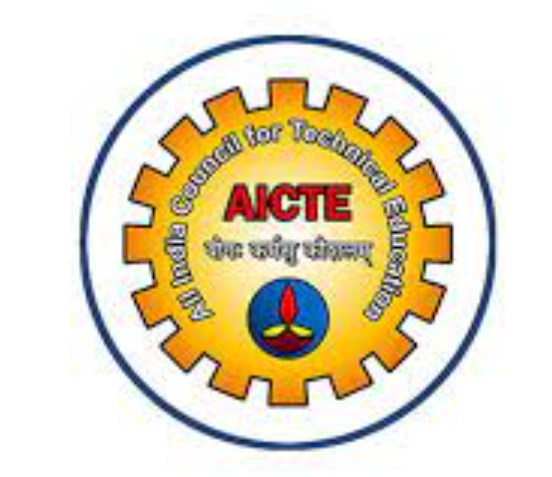All India Council for Technical Education
The All India Council for Technical Education (AICTE) is a statutory body established by the Government of India to oversee technical education in the country. It was set up in November 1945 as an advisory body but later given statutory status by an Act of Parliament in 1987. AICTE is responsible for the planning, formulation, and maintenance of norms and standards in technical education, which includes engineering, technology, management, architecture, town planning, pharmacy, applied arts and crafts, and hotel management and catering technology.
Objectives and Functions
The primary objectives of AICTE are to ensure quality in technical education, promote self-employment, and develop human resources for the growing needs of the economy. Some of the key functions of AICTE are:
- Approval of new technical institutions and courses.
- Accreditation of technical institutions to ensure quality standards.
- Disbursement of grants to technical institutions for their development.
- Promotion of industry-institution interaction for the development of new courses and curricula.
- Encouragement of research and development in technical education.
- Maintenance of a central database of technical education in India.
Organizational Structure
AICTE is headed by a Chairman, who is assisted by a Vice-Chairman and other members. The Council consists of 47 members, including representatives from the central government, state governments, universities, and industry. AICTE has several regional offices across the country, each headed by a Regional Officer. The Council also has several boards of studies, which are responsible for the development of curricula and syllabi for various courses.
Initiatives and Programs AICTE has launched several initiatives and programs to promote quality and innovation in technical education. Some of the key initiatives are:
- National Doctoral Fellowship (NDF): This scheme provides financial assistance to research scholars pursuing PhD in AICTE-approved technical institutions.
- Quality Improvement Program (QIP): This program provides opportunities for faculty members of AICTE-approved institutions to upgrade their qualifications and enhance their skills.
- Skill and Personality Development Program Centre for SC/ST Students (SPDC): This program aims to provide skill development training to students from socially and economically disadvantaged backgrounds.
- Smart India Hackathon: This is a nationwide initiative to provide a platform for students to solve problems faced by government ministries and departments.
- AICTE-IDEA Lab: This initiative aims to promote innovation and entrepreneurship among students by providing them with the necessary infrastructure and support.
- AICTE-NAFLIC Internship: This program provides opportunities for students to gain practical experience through internships in various industries.
Accreditation and Approval Process
AICTE has a rigorous accreditation and approval process for technical institutions. Institutions seeking AICTE approval must meet certain minimum standards related to infrastructure, faculty, and curriculum. The accreditation process involves self-assessment by the institution, followed by an assessment by an external peer team. Institutions that meet the required standards are granted accreditation for a period of five years.
Despite the efforts of AICTE, technical education in India faces several challenges. Some of the key challenges are:
- Quality of Education: Many technical institutions in India lack the necessary infrastructure, faculty, and resources to provide quality education. This has led to a mismatch between the skills of graduates and the requirements of the industry.
- Employability: The employability of engineering graduates in India is a major concern. According to a report by the National Employability Report for Engineers, only 3.84% of engineering graduates in India are employable in software development jobs.
- Industry-Academia Gap: There is a significant gap between the skills taught in technical institutions and the skills required by the industry. This gap needs to be bridged through greater industry-academia collaboration and the development of industry-relevant curricula.
- Research and Innovation: India lags behind many developed countries in terms of research and innovation in technical education. There is a need to promote research and development activities in technical institutions and encourage greater collaboration between academia and industry.
The All India Council for Technical Education has played a crucial role in the development of technical education in India. Through its various initiatives and programs, AICTE has sought to promote quality, innovation, and employability in technical education. However, technical education in India still faces several challenges related to quality, employability, industry-academia gap, and research and innovation.


